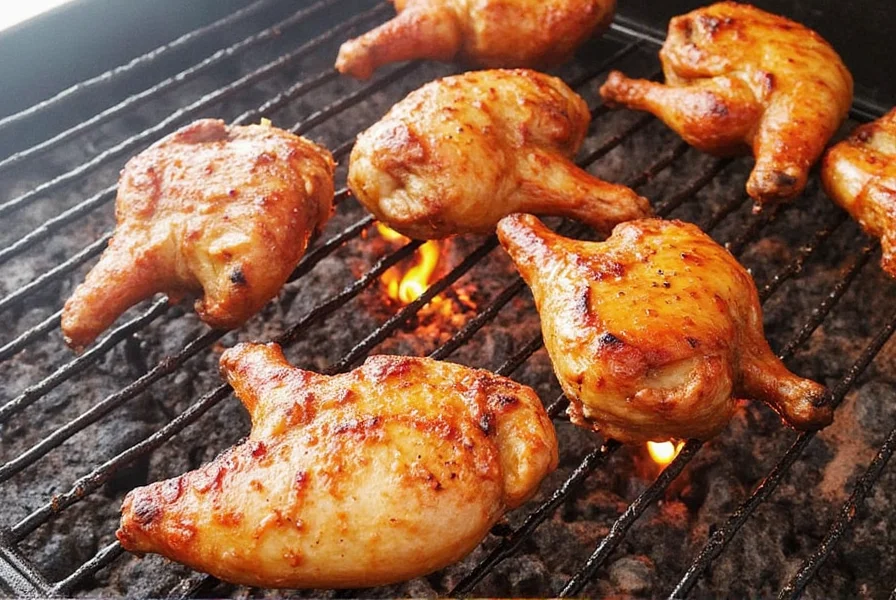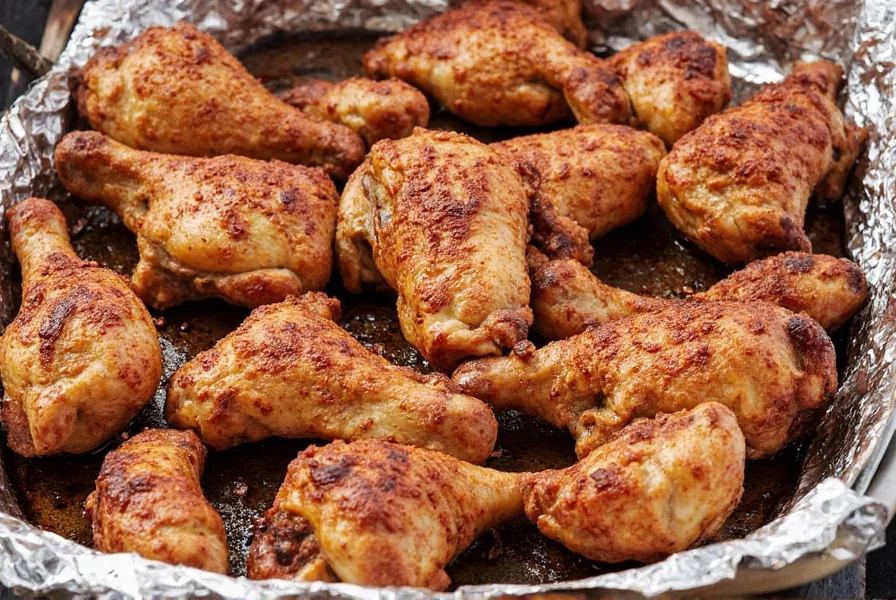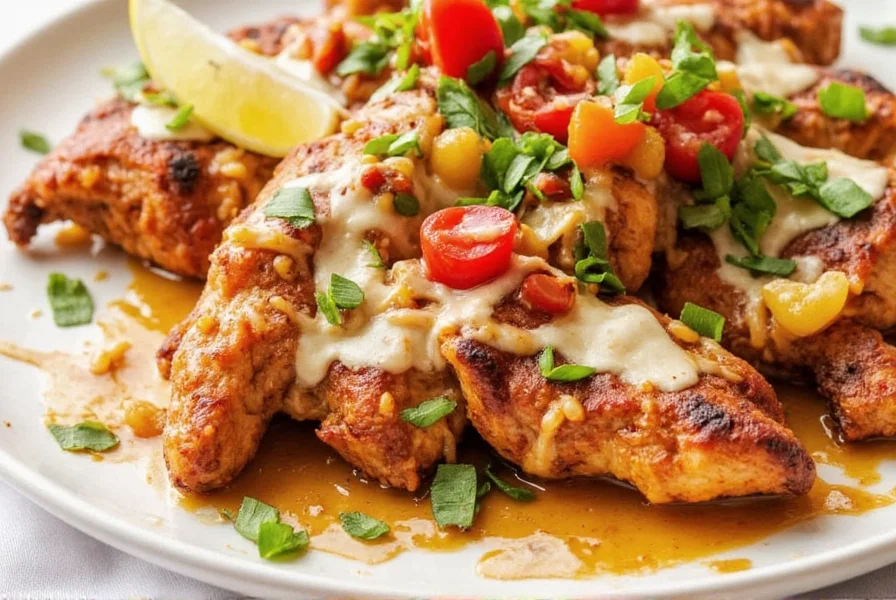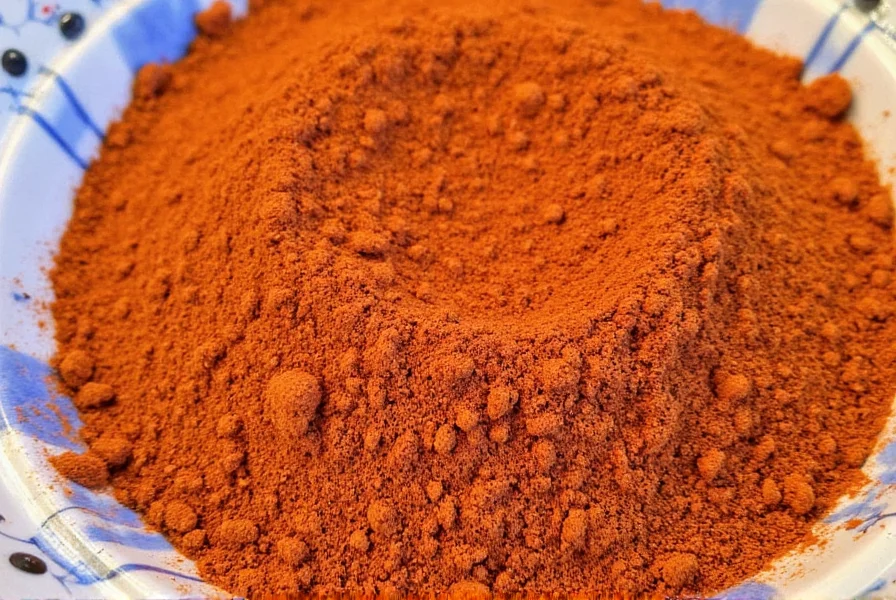Table of Contents
- Introduction
- Why Does Chicken Dry Out on the Grill?
- 7 Proven Tips to Prevent Dry Grilled Chicken
- Spice Hacks for Juicy Grilled Chicken
- Essential Tools for Moisture Retention
- Frequently Asked Questions
- Conclusion
Introduction
Keeping chicken moist on the grill is simple with the right techniques. Use a meat thermometer to avoid overcooking, brine the chicken for 30 minutes, cook on medium heat, and let it rest for 5-10 minutes. These science-backed steps ensure juicy, flavorful chicken every time. Read on for detailed explanations and expert tips.

Why Does Chicken Dry Out on the Grill?
Understanding why chicken gets dry is the first step to preventing it. Here's a quick science lesson:
- Muscle fibers contract when heated, squeezing out moisture.
- Overcooking is the main culprit. Chicken breast especially can go from tender to tough in seconds.
- Drying spices or too much salt early on pull out moisture before cooking even starts.
Common Mistakes That Lead to Dry Chicken
| Mistake | What Happens | Better Alternative |
|---|---|---|
| Using only boneless, skinless breasts | Loses moisture fast | Opt for thighs or use bone-in skin-on breasts |
| Salt added too early | Pulls out moisture | Brine or apply salt right before grilling |
| High heat without resting | Juices escape immediately | Cook over medium heat and let rest |

7 Proven Tips to Prevent Dry Grilled Chicken
- Brine It Like a Boss
Soak your chicken in a saltwater solution for 30 minutes to 2 hours. This helps retain moisture during grilling. For best results, use 1/4 cup salt per 4 cups water. - Use a Meat Thermometer
Chicken is safe at 165°F (74°C), but don't overshoot it. Remove chicken at 157-160°F for carryover cooking to reach safe temperature. - Cook on Medium Heat
High heat may char the outside quickly, but inside stays underdone or overcooked. For thicker cuts, use a two-zone fire: sear over direct heat, then move to indirect heat. - Let It Rest After Cooking
Letting the chicken sit for 5–10 minutes allows juices to redistribute. Slicing too soon = juice loss. - Choose Dark Meat When Possible
Chicken thighs have more fat and connective tissue, which keeps them juicier than lean breasts. - Marinate Overnight (With Care)
Acid-based marinades (lemon, vinegar) work best with shorter time. Oil-based ones can sit longer without toughening meat. For breasts, limit acidic marinades to 2 hours maximum. - Don't Skip the Skin
Chicken skin acts like a natural basting lid, locking in flavor and moisture. Grill skin-side down first to render fat and crisp the skin.

Spice Hacks for Juicy Grilled Chicken
Spices do more than just add flavor—they can actually help retain moisture. Let's dive into how certain ingredients act as flavor carriers and moisture protectors.
Best Spice Combinations for Moist Chicken
| Flavor Profile | Recommended Spices | Moisture Tip |
|---|---|---|
| Classic BBQ | Paprika, garlic powder, brown sugar, onion powder | Add a splash of apple cider vinegar to the rub |
| Mediterranean | Oregano, lemon zest, thyme, black pepper | Pair with olive oil to lock in moisture |
| Asian-Inspired | Ginger, soy sauce, sesame oil, chili flakes | Marinate in mixture for 1–2 hours |
| Tex-Mex | Chili powder, cumin, smoked paprika, lime zest | Use avocado oil instead of olive oil for high-heat grilling |
Secret Weapons in Your Spice Rack
- Brown Sugar: Creates a nice crust while drawing out natural juices.
- Garlic Powder: Enhances savory depth without burning easily.
- Citrus Zest: Adds brightness and helps preserve tenderness.
- Smoked Paprika: Imparts rich flavor and helps form a protective layer against drying out.

Essential Tools for Moisture Retention
Investing in the right tools makes a world of difference for perfect grilled chicken. Here are top picks:
1. Instant Read Meat Thermometer
- Features: Fast-reading, accurate to within 1°F
- Advantages: Prevents overcooking by giving real-time temp updates
- Use Cases: Chicken, steak, burgers, sausages
- Target Audience: Grilling newbies and pros alike
- Occasions: Weekends, barbecues, family dinners
2. Brining Kit with Seasoned Salt Packets
- Features: Pre-measured brine packets with herbs and spices
- Advantages: Eliminates guesswork; ensures consistent results
- Use Cases: Chicken, turkey, pork
- Target Audience: Home cooks and meal prep enthusiasts
- Occasions: Holiday roasts, summer cookouts
3. Grill Basket or Chicken Clamp
- Features: Keeps chicken secure and prevents flipping mishaps
- Advantages: Even cooking, better sear marks, less chance of charring
- Use Cases: Boneless cuts, smaller pieces, kebabs
- Target Audience: Casual grillers and foodies
- Occasions: Tailgates, backyard parties
4. Cast Iron Skillet for Indoor Grilling
- Features: Holds heat well, creates a sear similar to outdoor grills
- Advantages: Great for indoor use, retains moisture better than regular pans
- Use Cases: Winter grilling, stovetop searing
- Target Audience: Urban dwellers without outdoor space
- Occasions: Everyday meals, dinner parties
Frequently Asked Questions
How long should I grill chicken to keep it moist?
Grill times vary based on cut and thickness, but chicken breasts typically need 6-8 minutes per side over medium heat (about 350-400°F). The key isn't timing but temperature—remove chicken at 157-160°F as it will continue cooking to the safe 165°F while resting. Thighs can go up to 175°F for optimal tenderness.
Should I brine chicken before grilling?
Yes, brining is one of the most effective methods for keeping chicken moist. A simple brine of 1/4 cup salt dissolved in 4 cups of water (plus optional sugar and herbs) for 30-60 minutes before grilling helps the meat retain moisture during cooking. For best results, don't exceed 2 hours for chicken breasts to avoid becoming too salty.
What's the best temperature for grilling chicken?
Medium heat (350-400°F) is ideal for grilling chicken. High heat causes the outside to burn before the inside cooks through, while low heat prolongs cooking time, leading to moisture loss. For thicker cuts, consider a two-zone fire—sear over direct heat, then move to indirect heat to finish cooking.
Can I use a marinade to keep chicken moist?
Yes, but with caution. Oil-based marinades help retain moisture, while acid-based marinades (with lemon juice or vinegar) can actually toughen meat if left too long. For breasts, limit acidic marinades to 2 hours maximum. For best moisture retention, combine marinating with brining—brine first for moisture retention, then marinate briefly for flavor.
Why does my grilled chicken always dry out?
Dry grilled chicken usually results from one or more issues: overcooking (the most common problem), using only lean cuts like boneless skinless breasts, high heat cooking, not resting the meat after cooking, or improper salting techniques. Using a meat thermometer and following the moisture retention techniques outlined in this article will solve most dry chicken problems.
How do I know when chicken is done without overcooking?
The only reliable method is using an instant-read thermometer. Chicken is safe to eat at 165°F (74°C), but removing it at 160°F allows carryover cooking to reach the safe temperature while preventing overcooking. For dark meat, you can cook to 175°F for more tender results. Visual cues (clear juices, firm texture) are unreliable compared to a thermometer.
Should I grill chicken with the skin on or off?
Leaving the skin on significantly improves moisture retention. The skin acts as a protective barrier, preventing moisture from escaping during cooking. Grill skin-side down first to render fat and crisp the skin, then flip to finish cooking. You can always remove the skin after cooking if you prefer not to eat it, but keeping it on during grilling is crucial for moisture.
How long should I let chicken rest after grilling?
Let grilled chicken rest for 5-10 minutes (longer for larger cuts) before slicing. This allows the muscle fibers to relax and reabsorb juices that would otherwise spill out when cut. Tent loosely with foil during resting, but don't wrap tightly as this can cause steaming and soften the crispy exterior you worked hard to achieve.
Conclusion
Keeping your chicken moist on the grill doesn't require a culinary degree or expensive gadgets. With a few smart techniques, a sprinkle of spice knowledge, and the right tools, you can transform any cut into a juicy masterpiece. Whether you're a seasoned pro or just firing up the grill for the first time, these tips will ensure every bite is flavorful and tender.
Remember, the key to success is balance—between heat, timing, seasoning, and patience. Don't rush the process. Let your chicken rest, trust your thermometer, and play with spices like you're conducting a flavor orchestra. The result? A plate that impresses every time.










 浙公网安备
33010002000092号
浙公网安备
33010002000092号 浙B2-20120091-4
浙B2-20120091-4